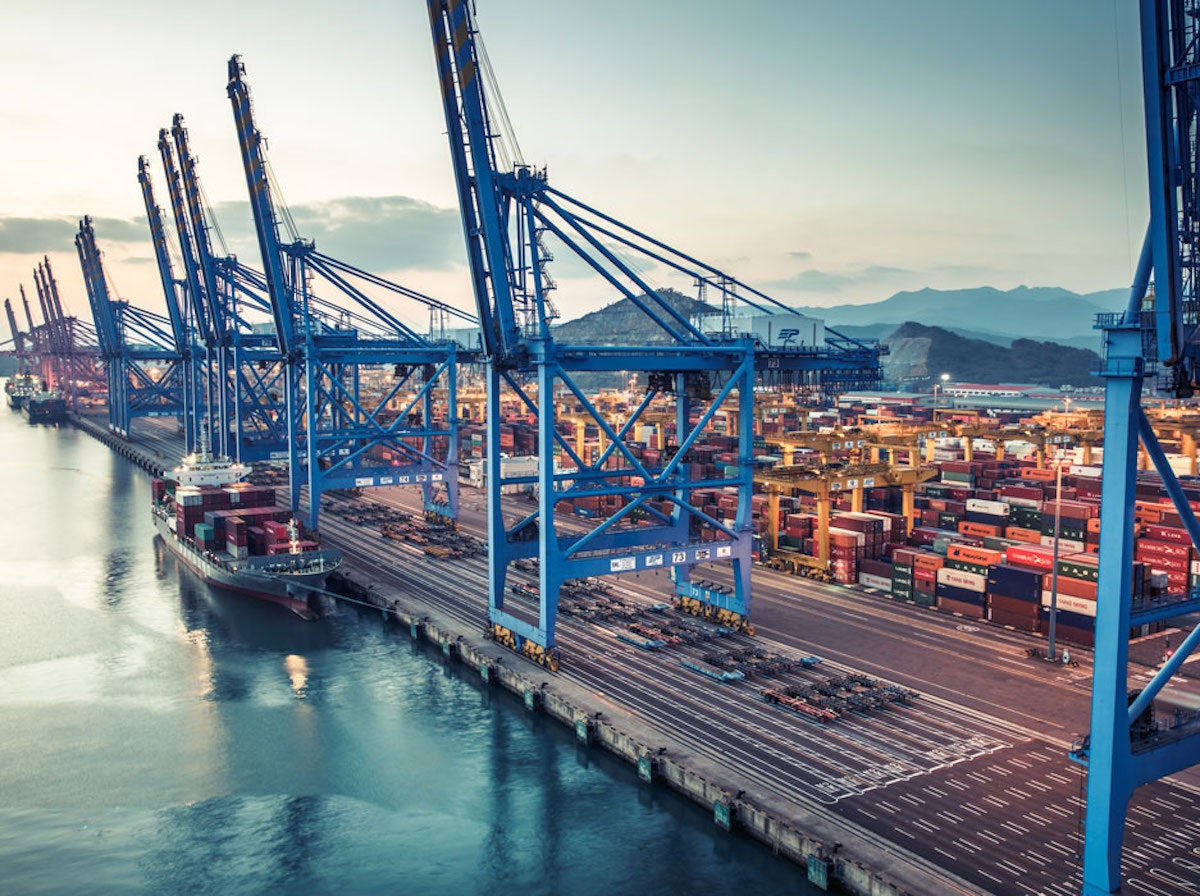Dubai-based logistics giant DP World is doubling down on its Southeast Asian presence, aiming to transform from a port operator into a comprehensive supply chain solutions provider across the region. This strategic shift comes amidst robust growth in the company's Asian terminals, particularly in the Philippines, which outperformed the global average.
DP World's ambitions extend beyond its existing terminal business in Laem Chabang (Thailand), Ho Chi Minh City (Vietnam), and Manila and Batangas (Philippines). The company is actively seeking opportunities to expand its landside logistics capabilities, encompassing warehousing, freight forwarding, and the development of industrial parks. This aligns with their global goal of becoming an end-to-end logistics solutions provider.
Glenn Hilton, CEO & Managing Director of DP World's Asia Pacific region, underscored the company's optimism about Southeast Asia's potential. "We seek to grow our legacy ports & terminals business, while also significantly enhancing our capabilities within the broader spectrum of supply chain solutions," he remarked. This enhanced focus complements DP World's establishment of a regional headquarters in Singapore in 2021, which serves as a central hub for collaboration with business partners across Southeast Asia.
Hilton highlighted the success story of DP World's existing Philippine ventures. The Batangas and Manila ports, managed by Asian Terminals Incorporated (a company with DP World as a shareholder), witnessed a significant 19.8% year-on-year growth in container throughput during the first quarter of 2023. The Port of Batangas, a key link in the Asia-Europe trade corridor, holds the distinction of being the Philippines' busiest container port, handling both passenger and car carrier traffic.
DP World's foray into Southeast Asia's supply chain landscape is a strategic response to the region's burgeoning trade activity. Southeast Asia is experiencing rapid economic growth, fueled by factors like a growing middle class, rising disposable incomes, and increasing intra-regional trade. This translates to a surging demand for efficient and integrated logistics solutions, a gap that DP World aims to bridge with its expanded offerings.
Analysts suggest that DP World's success will hinge on its ability to forge strategic partnerships with local players and navigate the complexities of Southeast Asia's diverse regulatory environments. Building strong relationships with government agencies and fostering a collaborative approach will be crucial for the company to seamlessly integrate its services within the regional supply chain ecosystem.
DP World's expansion plans in Southeast Asia position the company to capitalize on the region's burgeoning trade potential. By transforming itself into a comprehensive supply chain solutions provider, DP World is poised to become a key player in facilitating the movement of goods across Southeast Asia.

